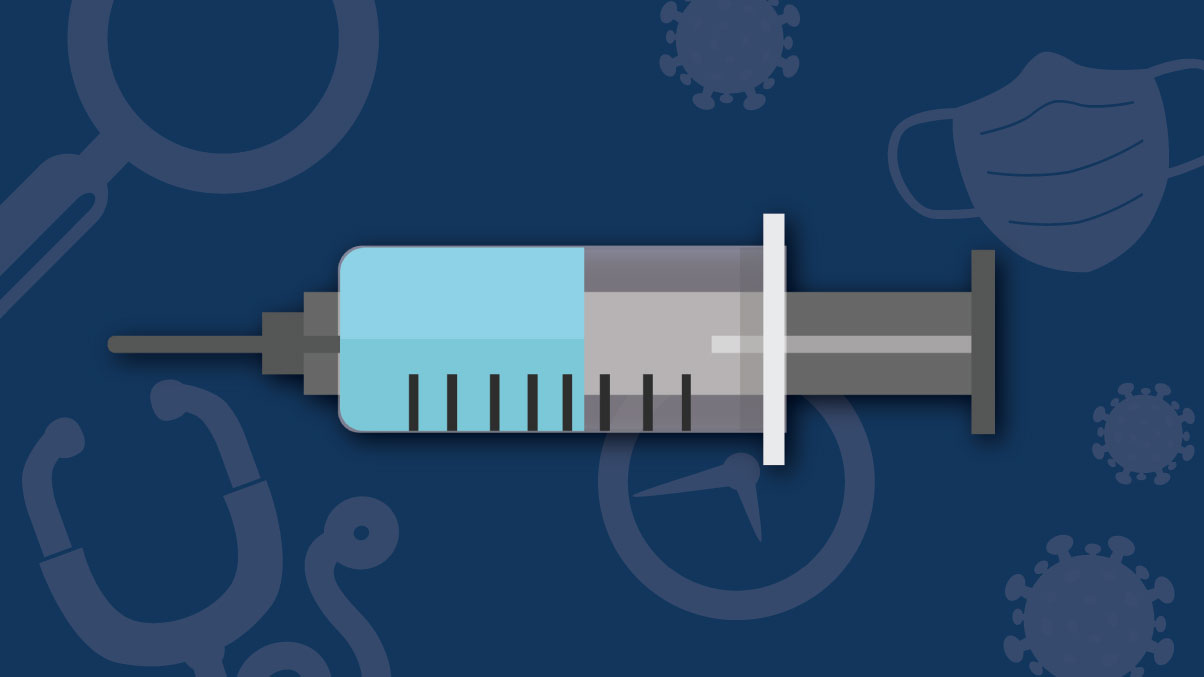In the past year, multiple reports have emerged about the effectiveness of vaccines against COVID-19. But few reports have emerged about how effective the vaccines are in protecting a very vulnerable population: people who have had hematopoietic stem
cell transplant (HCT) or CAR-T cell therapy.
HCT and CAR-T cell therapy patients have immunosuppressive therapy before and after treatment, making them immunocompromised and vulnerable to infection. They must be completely revaccinated against
all infectious diseases. COVID-19 is no exception. Experts who work with this patient population unanimously recommend they be vaccinated against COVID-19. But when? And how well do the vaccines work? What level of protection can patients expect?
The
Center for International Blood and Marrow Transplant Research (CIBMTR) and Blood and Marrow Transplant Clinical Network (BMT CTN) have undertaken a prospective multicenter observational study to answer those questions.
Patients in the study
are within one year of having had HCT or CAR-T cell therapy. To date, approximately 350 patients have enrolled, with a goal of enrolling more than 500. Blood samples are taken from patients before vaccination, after each vaccine dose and several months
after the last dose to evaluate response based on the production of vaccine-specific antibodies.
All data in the study is preliminary.
The bad news: Among CAR-T cell therapy patients, the immune response was less
than optimal. None of the six patients in this study have responded to the COVID-19 vaccine in the year after their therapy. Further study will help determine the best timing for COVID vaccination for CAR-T cell therapy patients and what to expect
in terms of response for different cellular therapy treatments and patient groups.
The pretty good news: Among HCT patients, 77% have developed antibodies after their second COVID-19 vaccine dose. And 57% of HCT patients
have had a more than fourfold increase in antibodies after the second vaccine dose or after the first dose of the J&J vaccine. In comparison, among the general population, more than 99% of people will develop a fourfold increase in antibodies after
vaccination.
Optimal timing: There’s been no appreciable difference between the HCT patients who got the COVID vaccines less than six months after transplant or more than six months after transplant.
While the study continues
to enroll and data is analyzed, experts advise HCT and CAR-T cell therapy patients to follow their providers’ recommendations for vaccination — within the first year after treatment — and to avoid COVID-19 exposure.
Learn more by reviewing
a comprehensive analysis and description of the study.
A huge thank you to our partners supporting this critical study through philanthropy including American Society for Transplantation and Cellular Therapy, Fred Hutchinson Cancer Research Center, The Carl Marks Foundation, Inc., Cindy and Gary Frischling, Labcorp, Leukemia & Lymphoma Society, Vicki Logan, Multiple Myeloma Research Foundation, The National Cancer Institute, The National Heart, Lung, and Blood Institute, and Novartis Pharmaceuticals Corporation.
STUDY CHAIRPERSONS
Marcie Riches
Joshua A Hill
Miguel Angel-Perales
PROTOCOL OFFICER
Mary M Horowitz
STUDY TEAM
Michael Martens
Jeffery Auletta
Aliyah Baluch
Kavita Bhavsar
Madhav V Dhodapkar
Nancy DiFronzo
Alyssa Gregory
Alan Howard
Ryo Nakamara
Kristin Peyton
Zainab Shahid
Elad Sharon
Ashely Spahn
Amir Toor
Stephanie
Waldvogel
Jo-Anne Young
IN COLLABORATION WITH & SUPPORTED BY
Leukemia & Lymphoma Society (LLS)
Multiple Myeloma Research Foundation (MMRF)
National Cancer Institute (NIH)
National Heart, Lung, and Blood Institute (NHLBI)
American Society for Transplantation and Cellular Therapy (ASTCT)
Labcorp
Fred
Hutchinson Cancer Institute
The Carl Marks Foundation, Inc.
Cindy and Gary Frischling
Vicki Logan
Novartis Pharmaceuticals Corporation
 " />
" />

